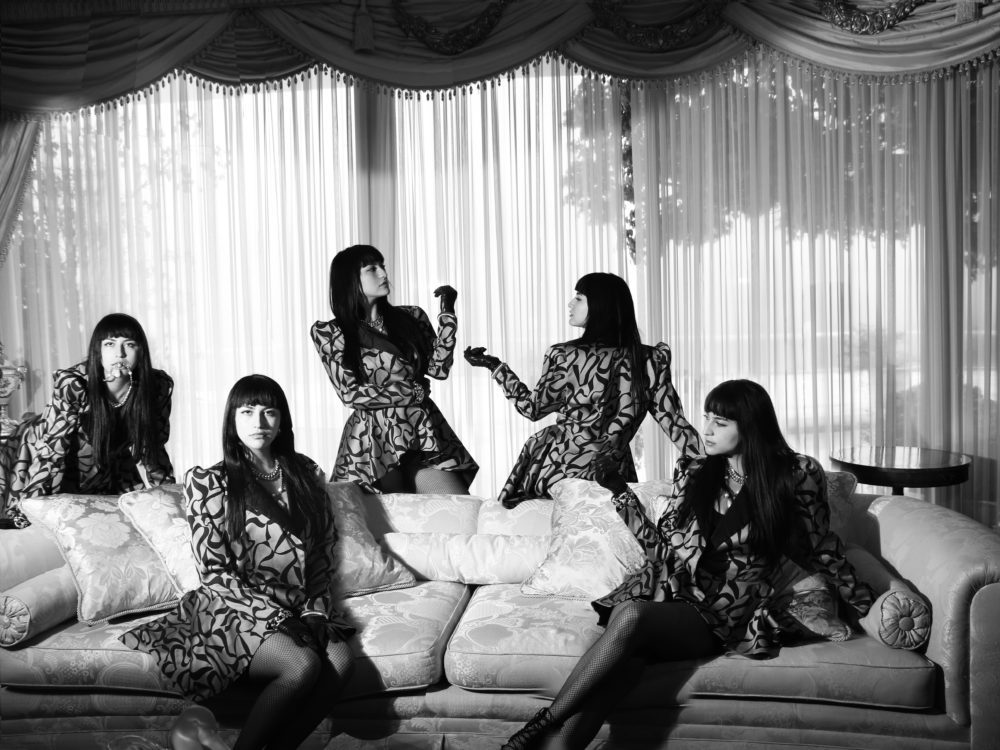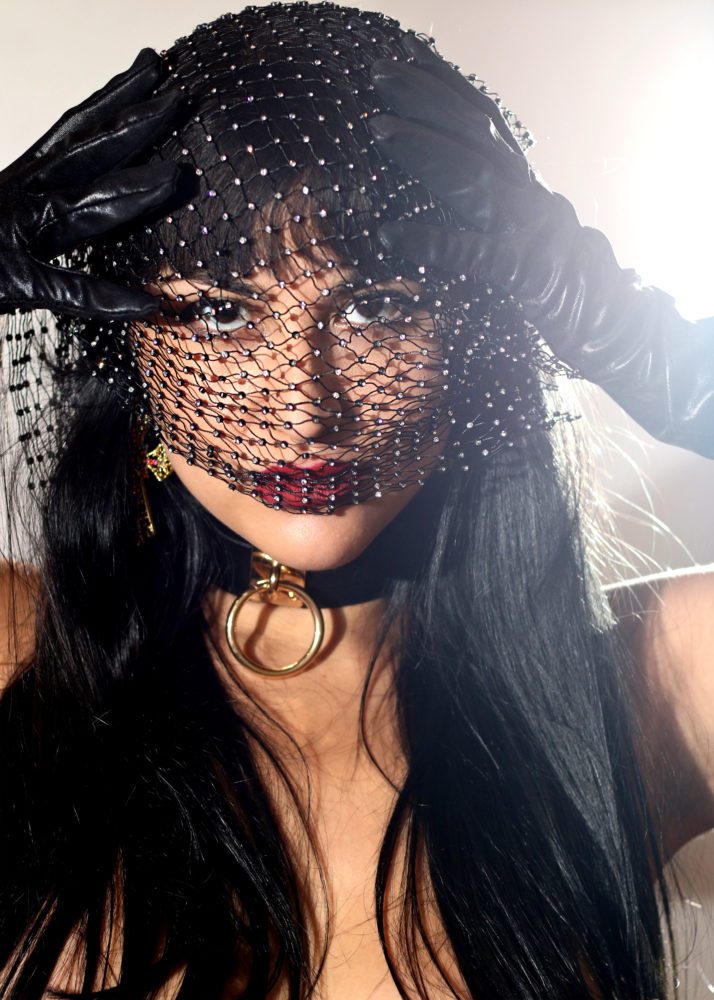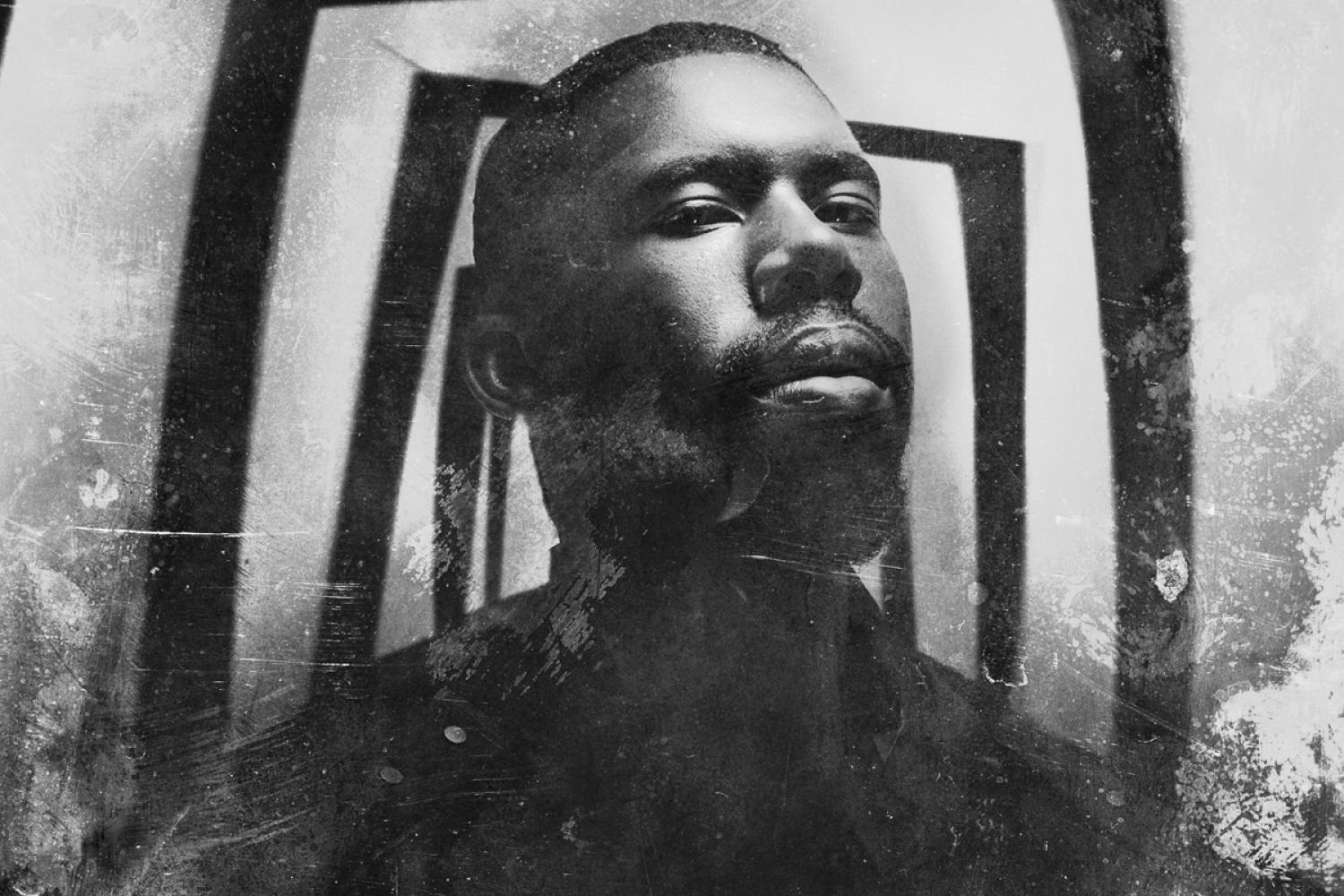PREMIERE: Niki Black Frees Desire from Judgement With “The Other Man”


In 2018, singer-songwriter Niki Black released her first single, “Not Coming Up,” a harmony-driven track about refusing to apologize for her feelings for another woman. Since then, she’s also gained attention for “Hallelujah,” which explores her loss of religious faith.
Her latest track, “The Other Man,” mixes beat-heavy R&B vibes with religiously inspired lyrics like “I’m a snake without my garden / out of heaven I have fallen into lust / it is too late for me / he’s all I believe.” Later this year, she plans to drop her first album, appropriately titled LILITH.
Hailing from LA, Black draws from the blues and American classics her Chicago-born father introduced her to as well as the Iranian pop tunes she learned from her mother.
We talked to Black about her newest song, her larger body of work, and her experience as a queer Iranian-American artist.
AF: What inspired you to call your album LILITH? Is there something in particular that draws you to that Biblical character?
NB: Lilith is a parable that I was definitely moved by immediately when I was told about her. The story of Lilith for me represents rejecting a feeling of inferiority that is imposed upon you externally and pursuing your own virtue. This is symbolic most obviously of her femininity, and I think she has been reclaimed as an inspiring figure for this age that is more in touch with femininity and rule-breaking when it comes to social conventions and power relations. I wanted to bring that spirit into my own world when putting this album together, and share that empowerment with others as well.
AF: What’s the story behind your new single “The Other Man”? There seems to be a theme under-riding your music, including this song, of falling out of grace with god — what inspired that?
NB: “The Other Man” goes back to the story of the Garden of Eden. Eve, who parallels Lilith to me, is fighting the desire to choose between temptation and new consciousness as represented by the serpent and the apple and a predictable, safe love with Adam. I wrote this song to explore the moral dilemmas of wanting someone else, especially from a woman’s point of view – which is also why I reversed the common trope of “The Other Woman” for this song. When Eve, or me, or whoever is listening relates to going for the other man, that is where I want to question what others would call falling out of grace or giving in to the temptation.
The inspiration in writing about these themes comes from these strict moral compasses that I think people can easily project on each other without understanding the feelings of others, which ultimately has resulted in an isolation from each other shrouded in judgements. I also think it is important to address these desires within yourself, which is why writing them helps me sort through these complicated feelings.

AF: What other themes are you exploring in LILITH?
NB: The album also relates to Dante Aligheri’s The Divine Comedy, which is the journey from hell through purgatory to salvation. I reversed this plot and, as you mentioned before, explore falling out of grace from others’ judgements and the world, and eventually coming to your own self-consciousness and personal salvation. Having a conscious mind and being loving to yourself while being subject to a host of judgements from society, religion, friends, and family that ultimately replace your own narratives is a very important theme to me in this album and in my own life. Another way to listen to the album is in the linear narrative of being in love with someone. You start off with the person so perfectly that you feel like you’re in Paradise, but then ultimately, the love changes so drastically that it feels like it was dragged to hell. Then, the album resolves in finding your own love for yourself again within those painful feelings.
AF: Your song “Not Coming Up” is really powerful — could you tell me about the experience that led you to write that?
NB: That song explores what I personally faced in experiencing that religion really can manipulate how people perceive the most beautiful emotion in the world – love. Particularly, I experienced this in queerness when a religious parent was extremely hateful and disapproving to a relationship I was in. The song essentially is approaching that in saying, “Alright, well, what if I don’t believe any of those thoughts of going to hell for loving, can I escape these judgements? If you say this is hellish behavior, but it feels like heaven, I might as well just enjoy it down here.”
AF: How does your Iranian heritage influence your music? How has it affected how you’re viewed and treated in this industry?
NB: It affects me in the way that I get super excited when I see Iranian artists having an impact– like Snoh Aalegra, or Sevdaliza. I would say that the Iranian heritage I have has given me a deep appreciation and connection to our mystic poetics like Rumi and Hafez. I also love the different tones and melodies that classical Iranian music uses, which I plan on incorporating into my music sonically even more on the next album.
AF: What are your next plans?
NB: I’m going to keep writing, releasing, and performing, of course. I’m trying to now meld a new story after releasing a song from Lilith every six weeks and ultimately the album at the end of it, with visuals as well. I just want to stay inspired!
Follow Niki Black on Facebook for ongoing updates.




